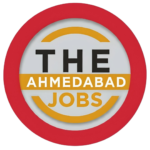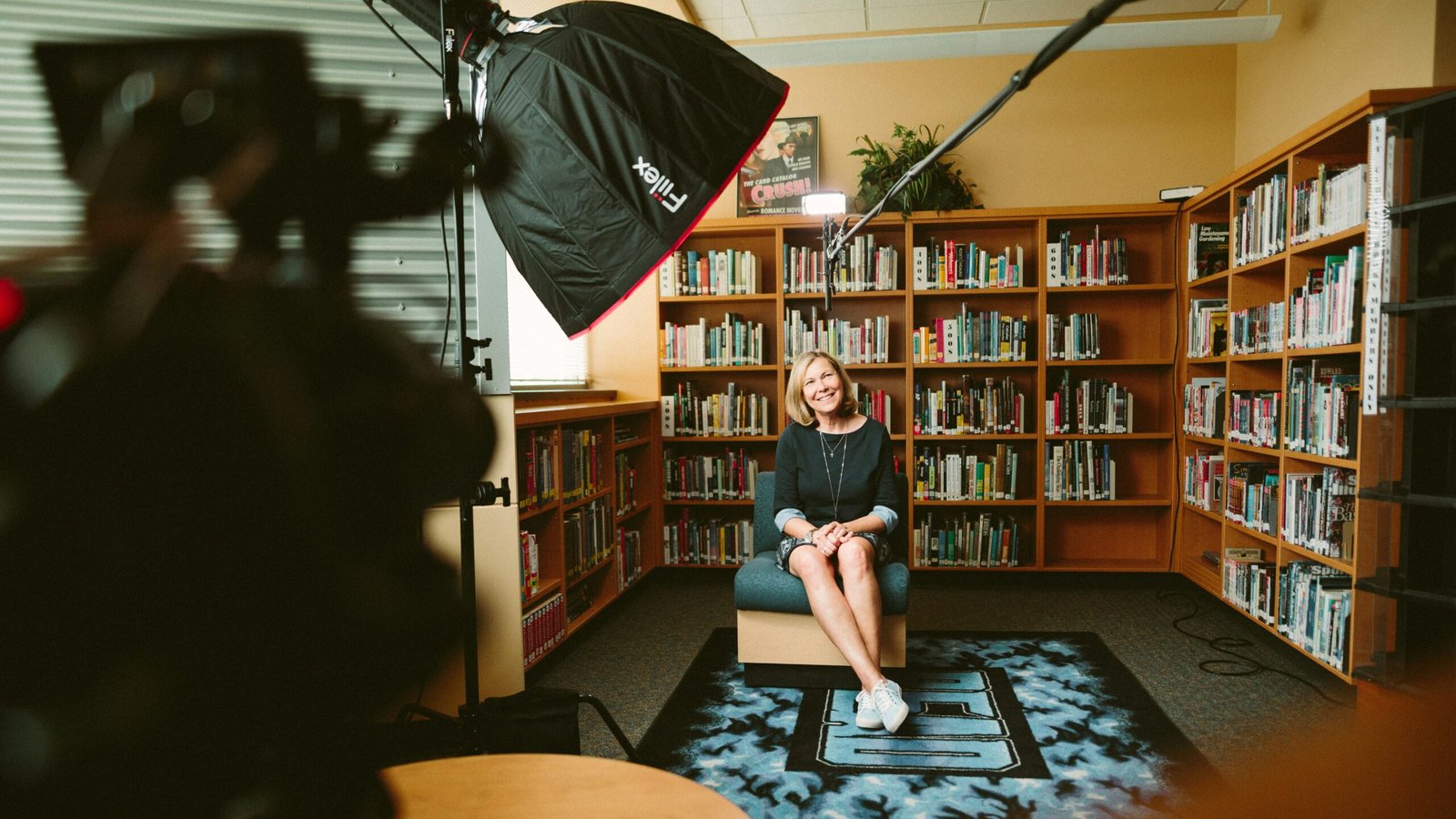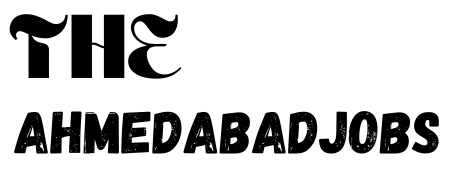Preparing for the Interview
Effective preparation is crucial to impress potential employers and increase your chances of securing your dream job. Familiarizing yourself with the company and the role you are applying for is a critical first step. Start by researching the company’s history, mission, values, and recent accomplishments. Explore their website, social media channels, and recent press releases to gain a comprehensive understanding of their culture and market position. Understanding the industry can also set you apart from other candidates. By staying updated on industry trends, challenges, and competitors, you can demonstrate your enthusiasm and knowledge during the interview.
Another vital aspect of preparation is becoming familiar with common interview questions. Questions about your professional background, strengths, weaknesses, and accomplishments are likely to arise. Take the time to formulate concise and compelling answers that highlight your relevant skills and experiences. Practicing your answers out loud can also help increase your confidence and fluency. Additionally, consider common behavioral questions that explore how you have handled past challenges or situations. Structuring your responses using the STAR method (Situation, Task, Action, Result) can help you articulate your experiences effectively.
Preparing questions for the interviewer is equally important. Thoughtful questions can help you gather valuable insights about the company and the role, while also signaling your genuine interest. Inquire about the team’s dynamics, the company’s growth strategy, or opportunities for professional development.
Organizing necessary documents is another preparatory step that should not be overlooked. Have multiple copies of your resume, a list of references, and any other relevant documentation readily available. A neat and orderly portfolio can leave a positive impression.
Lastly, engaging in mock interviews with friends, colleagues, or mentors can be incredibly beneficial. These practice sessions allow you to refine your responses, receive constructive feedback, and reduce interview anxiety. Always consider feedback seriously, as it provides an opportunity for tangible improvement.
Dressing for Success
First impressions in a job interview can be pivotal, often forming within the initial moments of meeting. Appropriate attire plays a crucial role in this judgment. To discern the company’s dress code, research is imperative. Begin by examining the company’s website and social media presence for insights into their culture. If the environment appears formal, opt for business attire like suits, dress shirts, and conservative ties. For businesses with a more casual vibe, smart business-casual attire such as a blazer paired with dress pants or a modest skirt and blouse combination is often appropriate.
Selecting professional and suitable clothing involves more than merely adhering to the dress code. Ensure your clothes are well-fitted and clean, projecting a meticulous and prepared image. Colors should be neutral or dark, avoiding overly bright or distracting patterns. Grooming and personal hygiene are equally significant. Well-groomed hair, clean nails, and fresh breath can greatly enhance your professional appearance and boost your confidence.
Accessories should complement, not overshadow, your outfit. Choose subtle and minimalistic pieces – a classic watch, simple earrings, or a clean belt. Avoid excessive jewelry or anything that might draw unwanted attention. Comfort is also key; if you are uncomfortable, it could affect your performance. Test your outfit beforehand to ensure it allows easy movement and doesn’t cause any discomfort. Shoes should be polished and comfortable, maintaining the balance between aesthetics and practicality.
Common fashion mistakes include wearing overly casual clothes, neglecting grooming details, and selecting an outfit that is either too tight or too loose. Pay attention to the small aspects such as ironing your clothes and ensuring everything is in good condition without wrinkles or stains. By carefully considering these elements, you can present yourself confidently and professionally, enhancing your prospects of landing your dream job.
Mastering Body Language and Communication
In the professional arena, non-verbal cues often speak louder than words, making mastering body language and communication pivotal in interviews. Establishing and maintaining proper eye contact is crucial; it conveys confidence, interest, and engagement. While direct eye contact is vital, be sure to balance it to avoid appearing intense or intimidating.
Another fundamental aspect is the handshake. A firm but not overpowering handshake sets a positive tone at the beginning of the interaction. This simple gesture can communicate your professionalism and eagerness to engage.
Open body posture significantly contributes to the perception of confidence and openness. Ensure your body language is welcoming by avoiding crossed arms or a slouched stance. Subtle, affirmative nods can demonstrate that you are actively listening and comprehending the discussion.
Understanding and responding to the interviewer’s body language can also enhance the interaction. Positive indicators such as nodding and leaning forward signal engagement and agreement. Conversely, crossed arms or leaning back might suggest skepticism or disinterest. By recognizing these cues, you can adjust your responses and demeanor to better align with the interviewer’s reactions.
It’s equally important to be aware of and control nervous habits. Actions like tapping fingers, fidgeting, or avoiding eye contact can detract from your message and suggest anxiety or lack of confidence. Practice mindfulness and relaxation techniques to curb these tendencies during the interview process.
Effective communication extends beyond just words; active listening is a quintessential component. Show attentiveness by listening carefully and acknowledging the interviewer’s points. When it’s your turn to speak, clear articulation and strategic pauses can help emphasize your points and facilitate understanding.
Conclusively, attention to body language and non-verbal communication can significantly impact your interview performance. By fine-tuning these skills, you not only present yourself as a confident and competent candidate but also cultivate a more engaging and responsive interaction with your interviewer.
Following Up Post-Interview
After the interview, one of the most critical steps in the job application process is the follow-up. A thoughtful and concise thank-you email demonstrates professionalism and genuine interest in the position. In the thank-you email, express gratitude for the opportunity to interview, reiterate your enthusiasm for the role, and briefly recap how your skills and experiences align with the company’s objectives. This email should be sent within 24 hours of the interview to ensure that your appreciation and interest are fresh in the interviewer’s mind.
In addition to expressing thanks, use the email as an opportunity to address any questions or additional information discussed during the interview. For instance, if the interviewer asked for more details on a specific project or experience, provide a short, clear explanation or attach relevant documents. This not only shows attentiveness but also reinforces your qualifications.
Patience during the post-interview waiting period is vital. It is recommendable to ask about the next steps in the interview process before leaving the interview, which provides clarity on the expected timeline. If you have not received a response by the given time frame, a polite follow-up email is appropriate. This email should be courteous and non-aggressive, merely inquiring about the status of your application and reiterating your continued interest in the position.
However, it is crucial to manage follow-up communication carefully to avoid appearing too eager or pushy. Frequent or impatient emails can reflect negatively on your application. A well-timed, respectful follow-up can be a differentiator in a competitive job market.
Finally, reflecting on the interview experience is an important aspect of the job application process. Assessing what went well and identifying areas for improvement can provide valuable insights for future opportunities. Whether it is refining answers to common interview questions or improving body language, continuous self-assessment will enhance your interview skills and better position you for success in landing your dream job.


